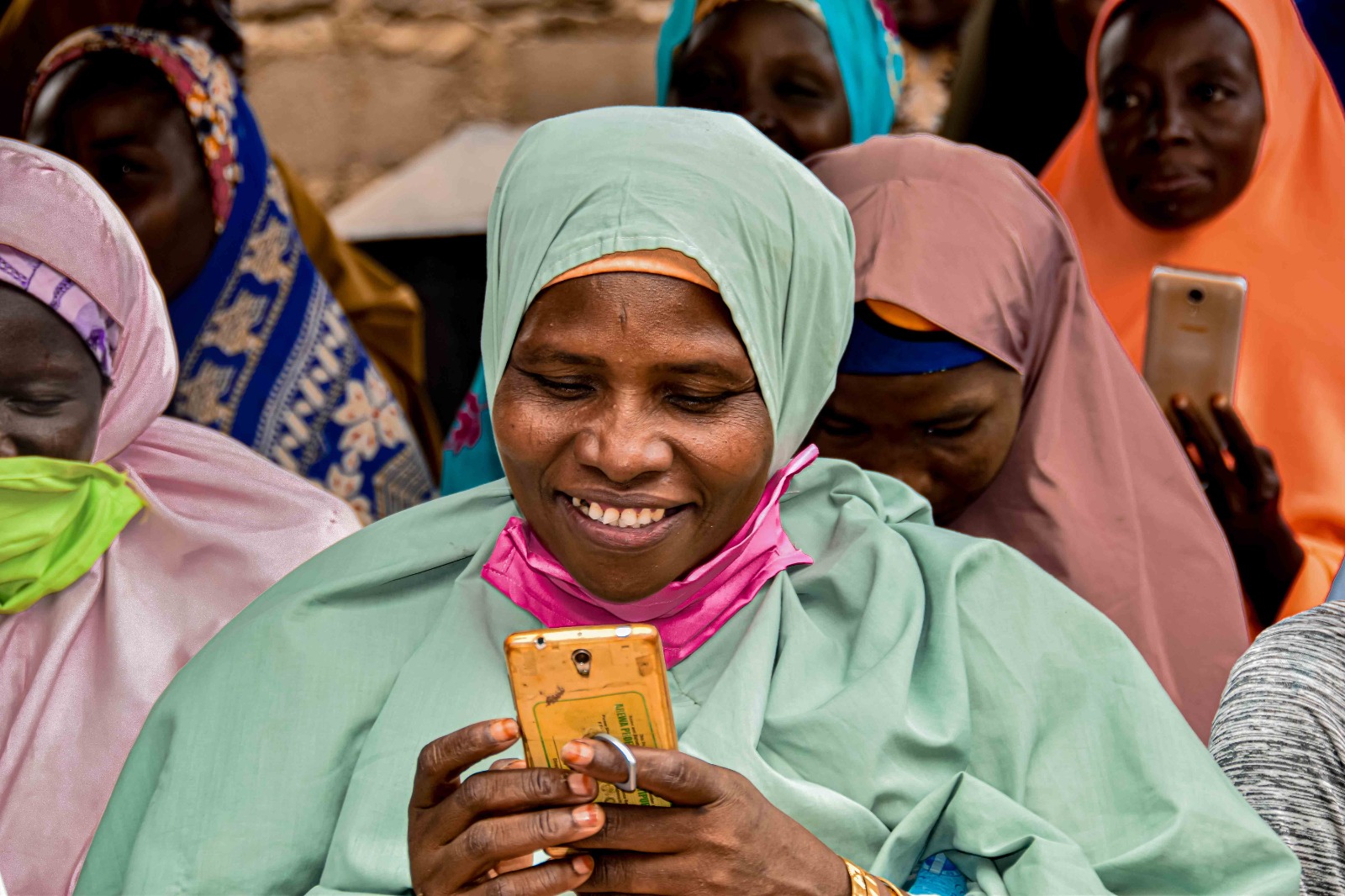June 23 is International Widows’ Day. Today is set aside by the United Nations to draw attention to the voices and experiences of widows and to galvanize the unique support that they need. In many parts of the world – including Nigeria, losing a husband is not just about coping with the grief, pain of loss, loneliness, or the financial aspect of performing the burial rites.
In some Nigerian cultures, loss of a husband automatically plunges the widow into the tragedy of stigma, neglect, exploitation, and sometimes, death, by so-called family members – a situation that is worsened or enforced by cultural, legal, or social bonds that make the widow lose her possessions, her land, and sometimes, her children. In some cases, many a woman would have to prove her innocence, as she is accused of having a hand in her husband’s death until ‘proven innocent’ via a series of unpleasant rituals. Some are labelled “witches” and this might lead to banishment, ex-communication or even death. According to WHO, some widows are compelled (by a cruel insistence on archaic customs) to participate in harmful, degrading and even life-threatening traditional practices as part of the burial and mourning rites of their husband.
According to the World Widows Report, there are an estimated 258 million widows around the world with over 5.8 million children (including adult children) and nearly one in 10 of these widows live in extreme poverty. The report indicates that it would be almost impossible to achieve the #SDGsof ending poverty in all its forms, ensuring healthy lives and promoting well-being for all at all ages, ensuring inclusive and equitable education, promoting lifelong learning opportunities for all, achieving gender equality and empowering all women and girls- if the plight of widows and their children is not addressed.
In August 2015, Makarfi Widows Groundnut Processing Cooperative Society (MWGPCS) in Kaduna State received a grant of N20,840,480 from the United States African Development Foundation and facilitated by Diamond Development Initiatives – to improve the incomes and livelihoods of members through the promotion of the growth of their groundnut production and oil processing enterprise, as well as improve the technical capacities of the cooperative in the production and processing of groundnut.
The Result: Groundnut oil processing machinery and equipment were procured and installed; a standby generator was also purchased and installed at the processing facility. The cooperative members were also trained in modern groundnut production and groundnut oil processing techniques. There was also capacity building for members and opportunities to attend trade fairs and agricultural shows to showcase products. And the incomes and livelihoods of #widows who are members of the MWGPCS were improved as a result of the intervention. Since then, many women groups have continued to access seed grants through Diamond Development Initiatives – from diverse donors, contributing to achieving relevant #SDGs pertaining to women and girls.
As the whole world unites to commemorate this day, Diamond Development Initiatives is adding its voice to the global call to leverage the day as an opportunity for “action towards achieving full rights and recognition for widows.” These rights include: “providing them with information on access to a fair share of their inheritance, land and productive resources; pensions and social protection that are not based on marital status alone; decent work and equal pay; and education and training opportunities,” according to World Health Organization (WHO). #DDICares about widows around the world!

